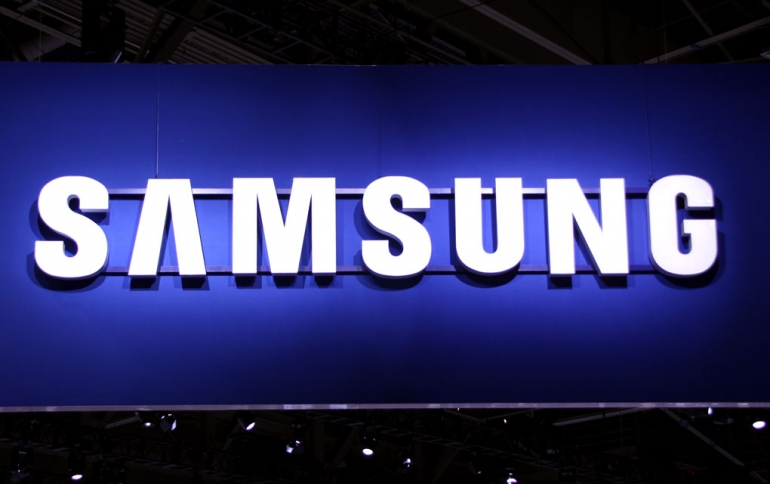
Samsung to Create US$300 Million Fund for Auto-related Technologies
Samsung Electronics plans to become a major player in autonomous driving, by establishing the Samsung Automotive Innovation Fund, a new $300-million fund focused exclusively on the automotive market.
The Samsung Automotive Innovation Fund will focus on connected car and autonomous technologies, including smart sensors, machine vision, artificial intelligence, high-performance computing, connectivity solutions, automotive-grade safety solutions, security, and privacy, according to Samsung.
In addition to the fund, HARMAN, which was acquired by Samsung earlier this year, has established a new Autonomous/ADAS Strategic Business Unit (SBU). The new HARMAN SBU, which will report to HARMAN's Connected Car division, will work with the Samsung Strategy and Innovation Center (SSIC) Smart Machines team to develop technologies for safer, smarter, connected vehicles. The SSIC Smart Machines team is an automotive engineering group dedicated to enabling next-generation mobility solutions.
To address the increasing demand for integrated solutions, particularly those for automated driving, Samsung and HARMAN will focus on engineering, high-performance computing, sensor technologies, algorithms, artificial intelligence, as well as connectivity and cloud solutions that enable Advanced Driver Assistance Systems (ADAS) and automated driving.
The first strategic investment of the Samsung Automotive Innovation Fund will be in TTTech, a leader in functional safety, deterministic networking, real-time systems, and complex software integration for ADAS and automated driving platforms. Earlier investments by Samsung's existing investment funds have included stakes in automotive startups, including AImotive and Renovo for automated driving; Quanergy, TetraVue, and Oculii for sensors; Autotalks and Valens for connectivity; and Graphcore for high-performance computing.
To date, Samsung has secured licenses for on-road testing of autonomous driving software and hardware under development in Korea and California.
"Samsung will not enter the car-manufacturing business, remaining focused on working with automakers and mobility enablers to develop the next generation of automotive innovation," the South Korean giant said.
Samsung's two biggest rivals have also moved into the connected car market over the past year. Intel paid $15.3 billion last month to acquire Mobileye, the current market leader in collision-detection ADAS software, while Qualcomm is seeking regulatory approval for its $47 billion deal to buy NXP Semiconductors NV, the world's biggest maker of automotive-grade chips.
Samsung is ideally placed to pull together consumer electronics, mobile devices and auto technology, but that entering the market will take time. Samsung has indicated that a 2020 time horizon is reasonable for its strategy to come together.





















